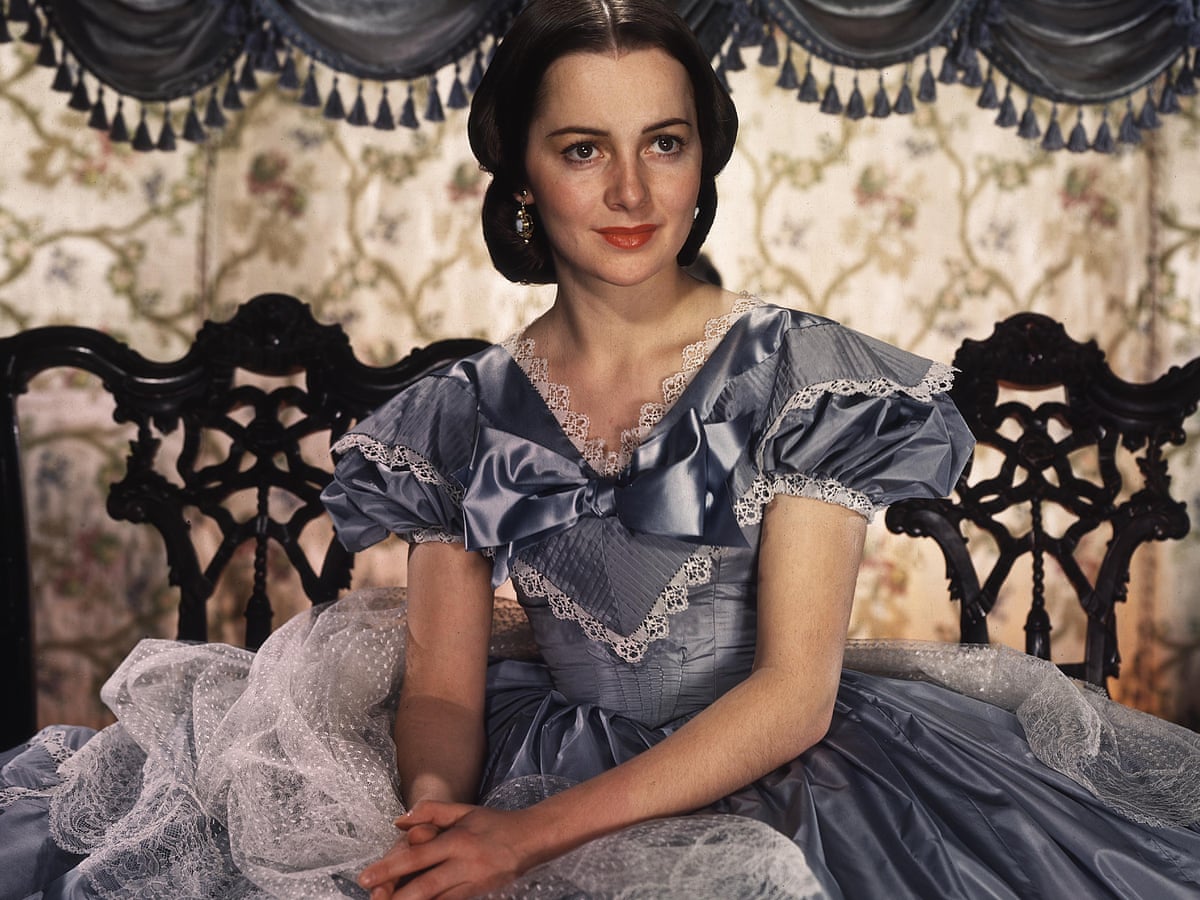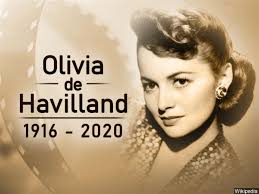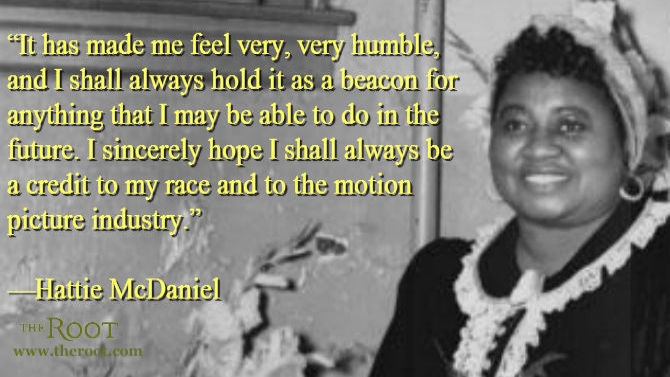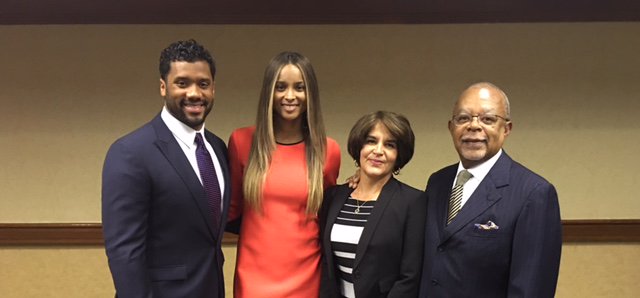2011 (1)
2016 (1035)
2017 (752)
2018 (978)
2019 (385)
2020 (175)
2021 (235)
2022 (101)
2023 (983)
2024 (800)

00) All characters are strong portrayals of the human spirit, so I've watched it often—a testament to the film's lasting cultural significance. "Tomorrow is another day!" has been my favorite quote. Spoken by the resilient and determined Scarlett O'Hara, the quote reflects a sense of hope and the belief that, despite the challenges of the present, a new day brings the opportunity for a fresh start and a better future. The character of Scarlett O'Hara, as portrayed by Vivien Leigh, is known for her strength of risk-taking and innovation, resilience, acumen, and tenacity in the face of adversity. Her journey throughout the film is a compelling exploration of the human spirit's ability to endure and persevere.
1) Hattie MacDaniel won an Academy Award (1940) for her performance in "Gone with the Wind." She was the first African-American to win an OSCAR. Importance of Mammy (Hattie McDaniel's Character): Mammy's role is highlighted as crucial to the character of Scarlett and as a force of morals within the story. (She was againt a caucasian icon co-actress, Dame Olivia de Havilland (England Queen knighted) (cast as Ashley's wife Melanie in the film) 
Olivia de Havilland Got Early Word Hattie McDaniel Won the Oscar | Vanity Fair 




2) Clark Gable said he wouldn’t go to the awards if Mammy was not allowed to go. Clark Gable and actress Hattie McDaniel were good friends. Gable insisted on McDaniel sitting with the rest of the cast at the Academy Awards ceremony, challenging the segregation norms of the time.
3) [Dr Henry Louis Gates was the narrator for this video.https://www.youtube.com/watch?v=29aGR_8euQA ] He is a professor at Harvard. What is Henry Louis Gates famous for? Henry Louis Gates, Jr., is an American literary critic and scholar who is known for his pioneering theories of African literature and African American literature.



The competition to win the part of Mammy in Gone with the Wind was almost as fierce as that for Scarlett O'Hara. First Lady Eleanor Roosevelt wrote to film producer David O. Selznick to ask that her own maid, Elizabeth McDuffie, be given the part.[9]:?151? McDaniel did not think she would be chosen, because she had earned her reputation as a comic actress. One source claimed that Clark Gable recommended that the role be given to McDaniel; in any case, she went to her audition dressed in an authentic maid's uniform and won the part.[22]
Loew's Grand Theater on Peachtree Street in Atlanta, Georgia was selected by the studio as the site for the Friday, December 15, 1939, premiere of Gone with the Wind. Studio head David O. Selznick asked that McDaniel be permitted to attend, but MGM advised him not to, because of Georgia's segregation laws. Clark Gable threatened to boycott the Atlanta premiere unless McDaniel were allowed to attend, but McDaniel convinced him to attend anyway.[23]
Most of Atlanta's 300,000 citizens crowded the route of the seven-mile (11 km) motorcade that carried the film's other stars and executives from the airport to the Georgian Terrace Hotel, where they stayed.[24][25] While Jim Crow laws kept McDaniel from the Atlanta premiere, she did attend the film's Hollywood debut on December 28, 1939. Upon Selznick's insistence, her picture was also featured prominently in the program (Refer to above photo).[9]:?172?
Hattie McDaniel (June 10, 1893 – October 26, 1952) was an American actress, singer-songwriter, and comedienne. For her role as Mammy in Gone with the Wind (1939), she won the Academy Award for Best Supporting Actress, becoming the first African American to win an Oscar. She has two stars on the Hollywood Walk of Fame, was inducted into the Black Filmmakers Hall of Fame in 1975, and in 2006 became the first Black Oscar winner honored with a U.S. postage stamp.[3] In 2010, she was inducted into the Colorado Women's Hall of Fame.[4] In addition to acting, McDaniel recorded 16 blues sides between 1926 and 1929 and was a radio performer and television personality; she was the first Black woman to sing on radio in the United States.[5][6] Although she appeared in more than 300 films, she received on-screen credits for only 83.[7] Her best known other major films are Alice Adams, In This Our Life, Since You Went Away, and Song of the South.
McDaniel experienced racism and racial segregation throughout her career, and was unable to attend the premiere of Gone with the Wind in Atlanta because it was held at a whites-only theater. At the Oscars ceremony in Los Angeles, she sat at a segregated table at the side of the room. In 1952, McDaniel died of breast cancer. Her final wish to be buried in Hollywood Cemetery was denied because the graveyard was restricted to whites only at the time.
Early life[edit]
McDaniel, the youngest of 13 children, was born in 1893 to formerly-enslaved parents in Wichita, Kansas.[8][9]:?5,?11,?16–17? Her mother, Susan Holbert, was a singer of gospel music, and her father, Henry McDaniel, fought in the Civil War with the 122nd United States Colored Troops.[10][11]:?4? In 1900, the family moved to Fort Collins, Colorado and then to Denver, Colorado.
Hattie attended Denver East High School (1908–1910). In 1908, she entered a contest sponsored by the Women’s Christian Temperance Union, reciting "Convict Joe", later claiming she had won first place.[12][10]
Her brother, Sam McDaniel, played the butler in the 1948 Three Stooges' short film Heavenly Daze. Her sister Etta McDaniel was also an actress.[13][14]
Career
|
Hattie McDaniel
|
|
|---|---|

McDaniel in 1939
|
|
| Born | June 10, 1893[1][2]
Wichita, Kansas, U.S.
|
| Died | October 26, 1952 (aged 59)
Los Angeles, California
|
| Resting place | Angelus-Rosedale Cemetery |
| Occupation(s) | Actress, singer-songwriter and comedienne |
| Years active | 1920–1952 |
| Spouses |
|
| Relatives | Etta McDaniel (sister) Sam McDaniel (brother) |




